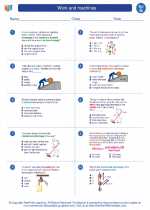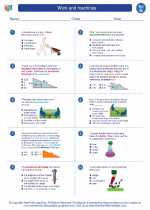Neurons
Neurons are the building blocks of the nervous system. They are specialized cells that transmit information through electrical and chemical signals. Neurons consist of a cell body, dendrites, and an axon. The dendrites receive signals from other neurons, while the axon transmits signals to other cells.
Neurotransmission
Neurotransmission is the process by which neurons communicate with each other. When an electrical signal, known as an action potential, travels down the axon, it triggers the release of neurotransmitters from the axon terminals. These neurotransmitters cross the synapse, a small gap between neurons, and bind to receptors on the dendrites of the neighboring neuron, thus transmitting the signal.
Nervous System
The nervous system is divided into the central nervous system (CNS), which includes the brain and spinal cord, and the peripheral nervous system (PNS), which consists of nerves that extend throughout the body. The CNS is responsible for processing and integrating information, while the PNS transmits signals to and from the CNS.
Membrane Potential
The membrane potential refers to the difference in electrical charge between the inside and outside of a neuron. This potential is maintained by the movement of ions across the neuronal membrane. Resting membrane potential is the electrical charge of a neuron when it is not being stimulated.
Reflex Arc
A reflex arc is a neural pathway that controls reflex actions. When a stimulus is detected by sensory neurons, the information is rapidly transmitted to the spinal cord, where motor neurons are activated to produce a reflex response. This process occurs without conscious thought and helps protect the body from potential harm.
Brain Function
The brain is responsible for controlling various bodily functions, including sensation, movement, cognition, and emotion. Different areas of the brain are specialized for specific functions. For example, the cerebrum is involved in higher brain functions, such as reasoning and problem-solving, while the cerebellum is important for coordinating movement and balance.
Neurophysiological Disorders
Disruptions in neurophysiological processes can lead to various disorders, such as epilepsy, Parkinson's disease, Alzheimer's disease, and multiple sclerosis. These disorders can have profound effects on a person's quality of life and may require medical intervention and management.
.





